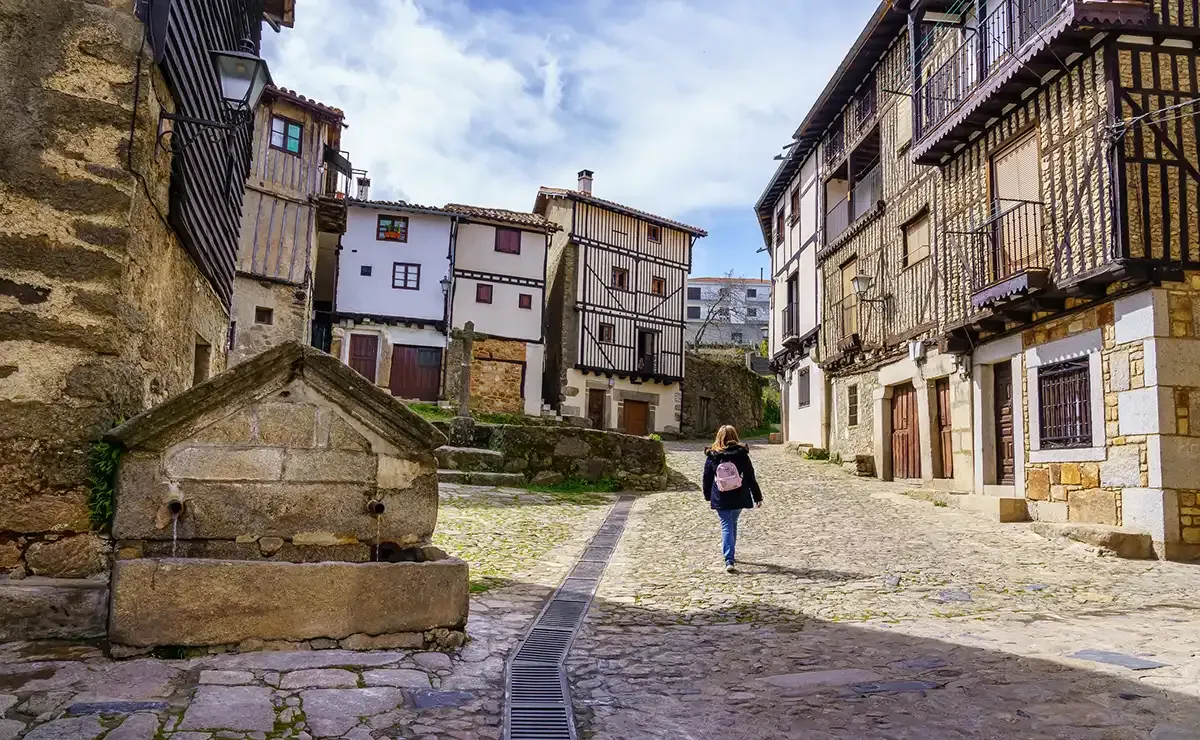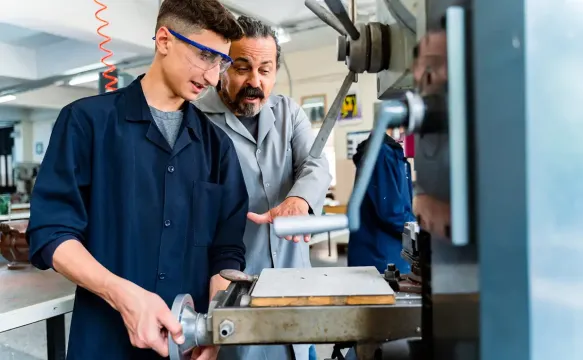More than just a healthcare resource, these cooperatives in rural areas are becoming a real demographic anchor: if there is a doctor, people stay. If not, they leave. This is the simple and merciless equation that many areas have been enduring for years.
When the community starts organizing
Healthcare cooperatives in Spain have their roots in a tradition of mutual societies and mutual aid organizations. Their essential difference from other models is that the users and professionals themselves are also the owners. Instead of paying out dividends, cooperatives reinvest surpluses in improving services, technology and working conditions.
Examples such as the Espriu Foundation, which includes organizations such as Asisa and SCIAS, are proof of the strength of this approach when implemented at a large scale, serving millions of people. But where its usefulness is most clearly seen is actually on a small scale: in hard-to-serve regions, in local projects that guarantee paediatric care, primary care or even specialised services for those who would otherwise be left out.
One inspiring case is Pediatria dels Pirineus, in Alt Urgell. In that case, the creation of a cooperative enabled that area to prevent the loss of their paediatricians and ensure continuous care in an area that had seen other professionals leave. This approach has enabled families who previously had to travel to Barcelona for a paediatric consultation to now have access to a stable and local service.
Innovating to achieve more
Healthcare cooperatives in rural areas haven’t just tried to replicate urban models in more sparsely populated areas. Their strength lies in innovation adapted to that context.
In Teruel, telemedicine and virtual rehabilitation projects allow older people to exercise and receive follow-up care without leaving their homes, dealing with sedentary lifestyles and loneliness. Mobile healthcare units, developed in collaboration with other cooperatives and social institutions, have also become a tool that can provide diagnoses and check-ups in small villages where there is no permanent medical centre.
The other major network that provides access to healthcare all across Spain are the pharmaceutical cooperatives. Bidafarma and Cofares, owned by the pharmacists themselves, ensure that even the most isolated pharmacies receive their supplies daily. In many villages in the most depopulated areas of Spain, the pharmacy is the only stable healthcare provider, and without the support of cooperative logistics they would have had to close.
Healthcare as a project for the future
Healthcare cooperatives have proven that health is not just a service: it is also a prerequisite for keeping a region alive. Where medical care is guaranteed, depopulation will be slower, and local jobs will be created.
Healthcare cooperatives in rural areas do not compete with the public system, they complement it. They act as a third approach that provides flexibility, accessibility and sustainability. And they do so in line with a basic principle: health is a right, not a business.
In times of demographic decline and ageing, committing to this model means recognising that your well-being cannot depend on your postcode. Even in the smallest villages there must be physicians, healthcare professionals and medicines. “Empty Spain” may have a future if healthcare is approached as a shared project.


